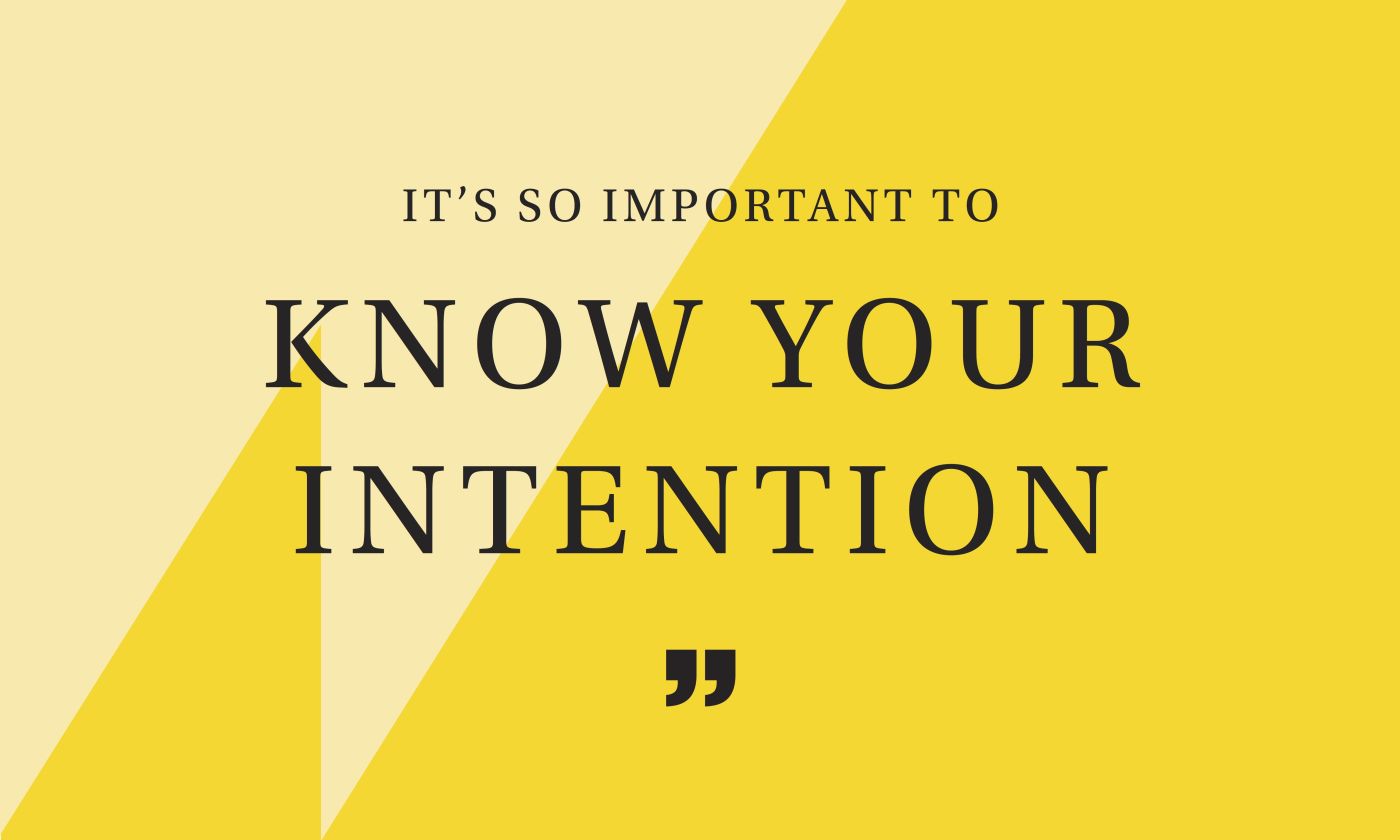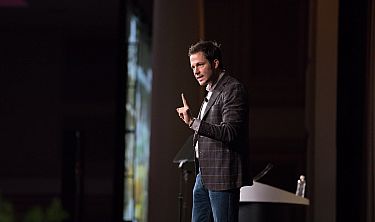Are you ready for the new world of work?
A Harvard Business Review article caught our attention with this headline: Why I Tell My MBA Students to Stop Looking for a Job and Join the Gig Economy.
It was written by Diane Mulcahy, who published a her book on the same topic, "The Gig Economy: The Complete Guide to Getting Better Work, Taking More Time Off, and Financing the Life You Want." She also works directly with students who are about to enter the shifting workplace, through her role as an adjunct lecturer in Babson College’s MBA program. Students are responding — the class was named by Forbes as one of the Top 10 Most Innovative Business School Classes in the country.
We talked to Mulcahy to find out where she thinks the gig economy is going, and how individual professionals and established businesses should be thinking about the future of work.
Change the Way You Think About Work
Mulcahy says the goal in her MBA course is to help students shift from an “employee mindset” to an “opportunity mindset.”
When you have an employee mindset, she says, you’re outsourcing your financial stability and the trajectory of your career to an employer. But, she says, “that mindset is not the road to success in the gig economy.”
An opportunity mindset is more proactive. You’re taking the reins, driving the course of your career, owning your professional development and looking for income security (not job security).
If you’re working to shift your mindset, you might find the many exercises in her book helpful. She has tested and refined the exercises in her class while helping students develop the tools they’ll need to succeed in the gig economy. The exercises take you through each step to help you:
- Identify your goals and your version of success. What do you want to achieve in your personal and professional life? What does success look like for you?
- Make a plan for the next three to five years. How will you succeed in the gig economy? The exercises will help you make a plan that incorporates your professional and personal goals along with tactical ideas like how to find side gigs, re-think your finances, and create networking opportunities. They will also help you develop a timeline and concrete next steps to start achieving your goals.
Mulcahy says her emphasis on entrepreneurial thinking doesn’t mean full-time jobs are a bad choice, or that all full-time jobs are going away. “I’m not advocating quitting your job next week,” she says. But “everyone should start taking steps to succeed in a world where they don’t always have a full-time job. It’s no longer realistic to expect that you’ll have a steady full-time job throughout your career. And no one’s retiring with a pension after 30 years with one company anymore.”
In other words, acknowledge how work is changing and make a proactive plan for success, instead of expecting an employer to do it for you.
Leaders Must Manage for Results, Not Time in the Chair
Mulcahy says there’s one defining management challenge of the gig economy: Moving from managing by time in the office to managing by actual results and output. This shift hinges on asking different questions about how we measure people’s work, she says.
“Ask, what do I want this person to do? What are the specific outcomes or results I want from this person? And how do I evaluate and assess that?”
“Managers aren’t used to doing that well. They’re not likely to have clear, measurable, specific goals for employees,” she says. But if managers can get really specific and clear about what each employee’s goals are, “it will transform the workforce,” Mulcahy says.
One clear missed management opportunity she sees: so many companies are obsessive about tracking people outside the office (when they’re on vacation, when they’re using sick days), but they spend very little time monitoring people when they’re actually at work — how they use their computer, how much of their time is wasted in meetings. “That’s poor stewardship of a company’s most expensive and valuable resource — their labor” she says.
She’s also a big proponent of remote work. In her research for her book, she says, when she’d push managers on why their people needed to be in the office, she heard “a lot of squishy descriptors like ‘collaboration,’” but when she pressed them about the details of in-person collaboration and how that translated into specific results and output, they didn’t have an answer.
“As an investor, I want to see a case made for having everyone come into the office because it’s so expensive — in real estate, facilities, constant interruptions that affect productivity, and the complete lack of controls on expensive time-wasters like meetings,” she says.
“There’s no study that says working eight hours a day, five days a week in an office is the most productive way to organize work. In fact, most studies indicate that employees who work remotely are more engaged, satisfied, and productive. "
"After reviewing the data, I’m really surprised that this model of making everyone come to the office for specific hours every day still exists. There’s no clear basis for it, and the economic costs are very, very high.” Muclahy reports.
She points to startups and successful companies that get work done through a small core group of employees and a wide network of contractors and freelancers. “That’s the business model of the future,” she says.





